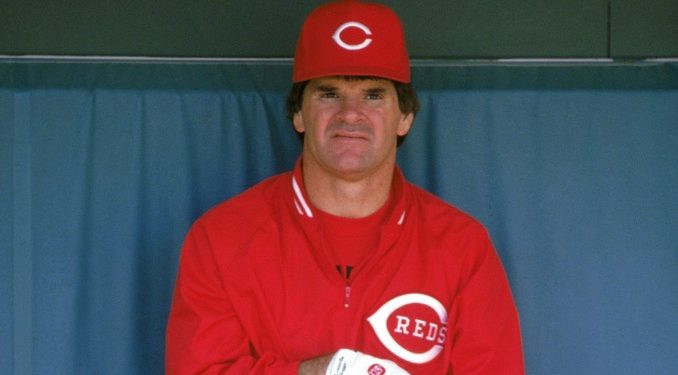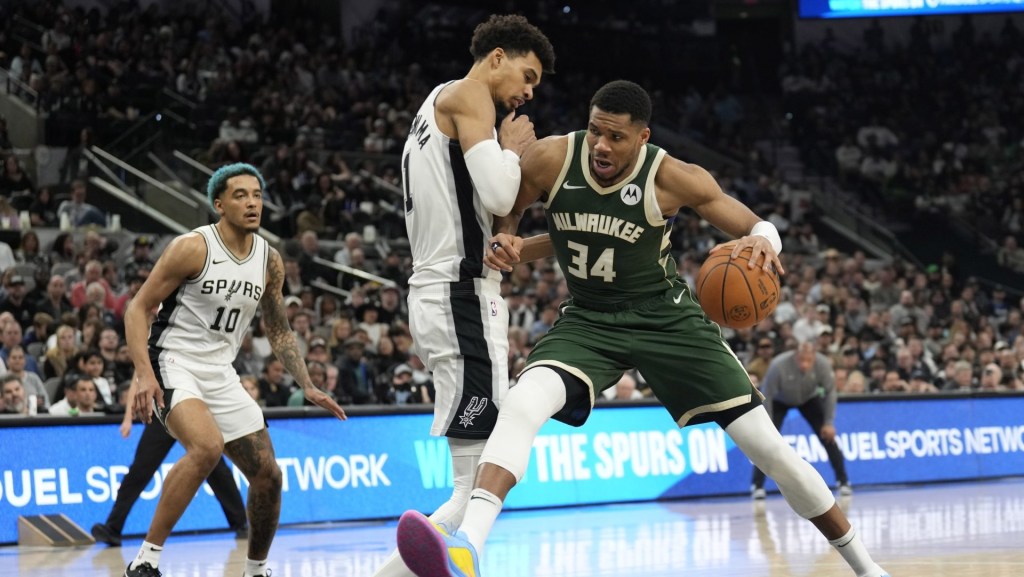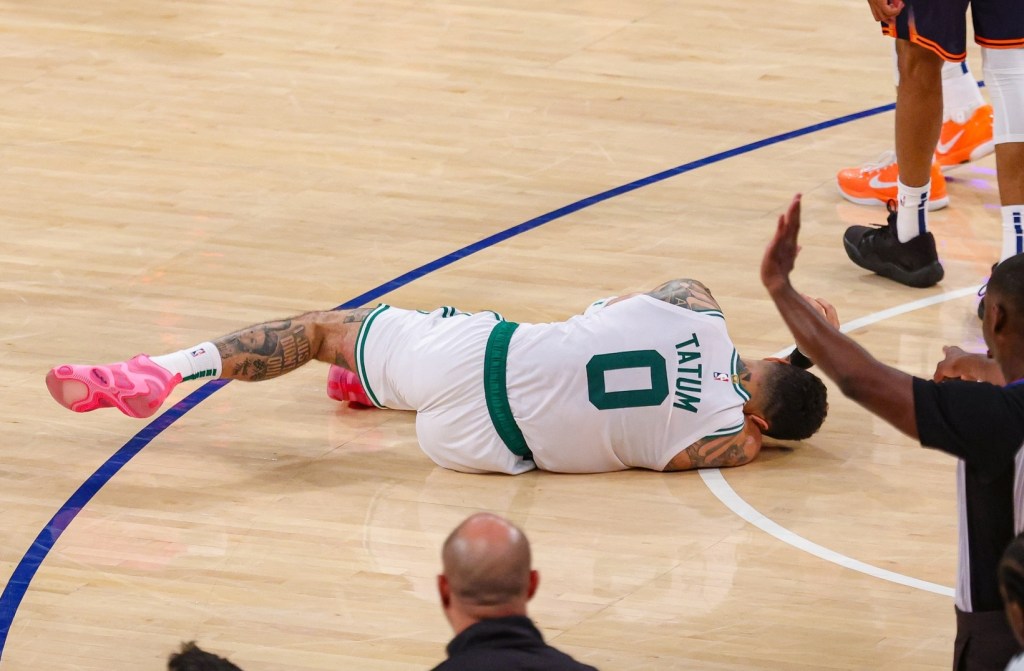Major League Baseball has removed the late Pete Rose, “Shoeless” Joe Jackson, and 15 others from the league’s permanently ineligible list, a decision that could pave the way for some of the sport’s most accomplished yet controversial figures to reach the Baseball Hall of Fame.
League commissioner Rob Manfred rendered a policy decision Tuesday finding that those placed on the permanently ineligible list will have those penalties end with their death. Rose, along with Jackson and other members of the infamous 1919 “Black Sox” team and several additional figures, had been banned for baseball gambling-related activities while an active player, manager, or executive.
For decades, those penalties had been hotly debated, particularly in the case of Rose, whose surefire Hall of Fame case as the sport’s all-time hit leader had been derailed by his gambling activities while playing for and managing the Reds in the 1980s. After Rose in particular reached a settlement with then-MLB commissioner Bart Giamatti in 1989 to accept a permanently ineligible ruling, the Hall of Fame adopted a new policy to not consider such players for induction.
Rose died last fall, reviving consideration of the issue, and in early March, Manfred was said to be seriously considering a change in position.
“A person no longer with us cannot represent a threat to the integrity of the game,” Manfred wrote in a letter to Jeffrey Lenkov, an attorney for Rose. “Moreover, it is hard to conceive of a penalty that has more deterrent effect than one that lasts a lifetime with no reprieve. Therefore, I have concluded that permanent ineligibility ends upon the passing of the disciplined individual.”
The Hall of Fame said in a statement that the players removed from the permanently ineligible list will have their candidacies for induction now considered. In the case of Rose and Jackson, specifically, their names could come up in late 2027, when the Hall of Fame’s Classic Baseball Era Committee, which considers players who made their greatest impact on the game before 1980, next meets.
“The National Baseball Hall of Fame has always maintained that anyone removed from baseball’s permanently ineligible list will become eligible for Hall of Fame consideration,” said the institution’s chair, Jane Forbes Clark.
The Hall of Fame’s board of directors, while including Manfred and several MLB team owners, remains a separate organization with its own governance and bylaws.
The situation around Rose has also attracted political attention, as U.S. President Donald Trump said he intends to posthumously pardon him. Before Rose’s death, both Manfred and his predecessor, Bud Selig, repeatedly refused to reinstate him, finding that he failed to “present credible evidence of a reconfigured life.”
With the new finding that these MLB penalties end with death, the debate is certain to revive around the merit of celebrating figures with checkered pasts who may not have rehabilitated themselves in any way. To that end, as Manfred made his decision, his letter to Lenkov added, “In my view, the only salient fact [since last denying reinstatement] that has changed since that decision is that Mr. Rose has recently passed away.”









